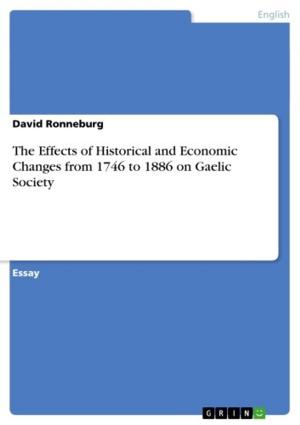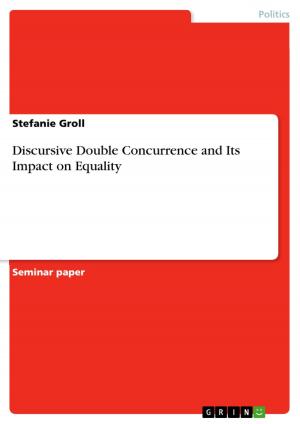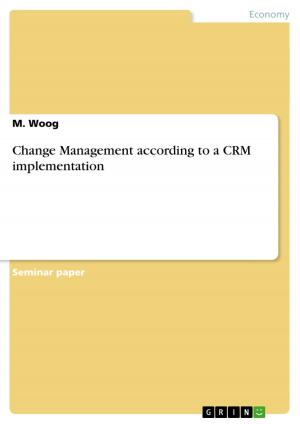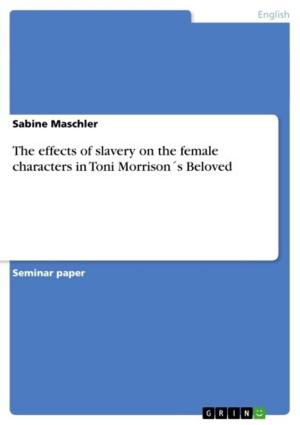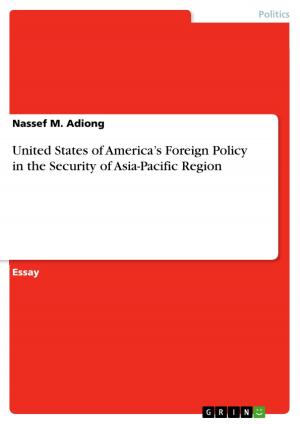The United States as a Third Party in the Civil War in Angola
Nonfiction, Social & Cultural Studies, Political Science, International, International Security| Author: | Jennie Robinson | ISBN: | 9783640437535 |
| Publisher: | GRIN Publishing | Publication: | October 1, 2009 |
| Imprint: | GRIN Publishing | Language: | English |
| Author: | Jennie Robinson |
| ISBN: | 9783640437535 |
| Publisher: | GRIN Publishing |
| Publication: | October 1, 2009 |
| Imprint: | GRIN Publishing |
| Language: | English |
Research Paper (postgraduate) from the year 2006 in the subject Politics - International Politics - Topic: Peace and Conflict Studies, Security, grade: A, University of Malta, language: English, abstract: Angolan nationalist movements' struggle for independence (gained in 1975) against the Portuguese colonial power was to transform into an intrastate conflict between the parties: MPLA, backed by Cuba, and the FNLA plus Unita, backed by South Africa and the United States (US); and into an interstate conflict entangled within the Cold War scenario, so as to involve outsiders such as the Soviet Union, the US, Cuba and South Africa, each seeking to 'shape an outcome that would advance its perceived interests'.1 This paper will attempt to address the question of how third party intervention, in this case the US renders resolution of the conflict more difficult because of its primary concern being its own narrow self-interest. 1 D. Rothchild, Conflict management in Angola
Research Paper (postgraduate) from the year 2006 in the subject Politics - International Politics - Topic: Peace and Conflict Studies, Security, grade: A, University of Malta, language: English, abstract: Angolan nationalist movements' struggle for independence (gained in 1975) against the Portuguese colonial power was to transform into an intrastate conflict between the parties: MPLA, backed by Cuba, and the FNLA plus Unita, backed by South Africa and the United States (US); and into an interstate conflict entangled within the Cold War scenario, so as to involve outsiders such as the Soviet Union, the US, Cuba and South Africa, each seeking to 'shape an outcome that would advance its perceived interests'.1 This paper will attempt to address the question of how third party intervention, in this case the US renders resolution of the conflict more difficult because of its primary concern being its own narrow self-interest. 1 D. Rothchild, Conflict management in Angola





